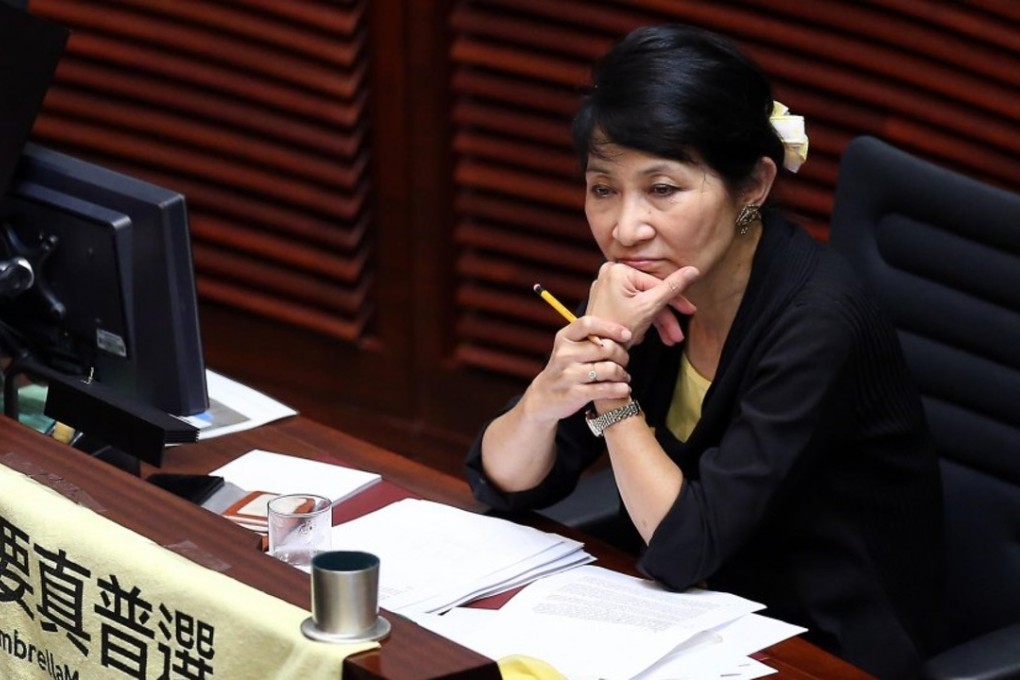A warning against 'seeing different cultures with a narrow perspective’: Legco rejects anti-mainlandisation motion
The measure proposed to ‘safeguard’ local core values from ‘mainlandization’

The home affairs minister has warned against “seeing different cultures with a narrow perspective”, as lawmakers voted down a motion calling for the government to defend Hong Kong’s way of life from “the mainland’s influence”.
However, in conclusion to a 90-minute debate in the Legislative Council this morning, Secretary for Home Affairs Lau Kong-wah stopped short of commenting on pan-democrats’ concern about graft and language-standard issues in the city.
“It is not conducive for anyone to see different cultures with a narrow perspective or from an exclusive angle. It is not the Hong Kong that we are familiar with,” Lau said. “We should appreciate a multicultural and inclusive Hong Kong.”
READ MORE: Growth spurt: report shows 879,000 Hong Kong residents now from mainland China
The motion on “Safeguard Hong Kong from Mainlandization” was tabled by Civic Party lawmaker Claudia Mo Man-ching yesterday.
Speaking this morning, Mo said the government must safeguard the city’s core values as she was worried about Hong Kong being increasingly influenced by the mainland.
“‘Mainlandisation’ refers to [consumer rights,] rampant corruption and abuse of power in the mainland,” she said. “Consumer’s confidence in the mainland has gone bankrupt because everything can be fake.”

“Mainland universities are government-oriented and led by the Communist Party, but this is not what Hong Kong wants,” Ip said.